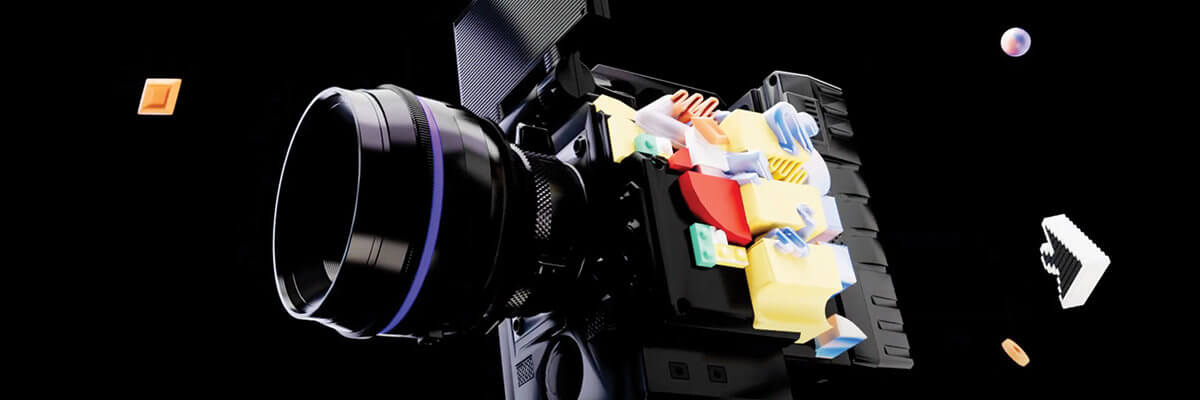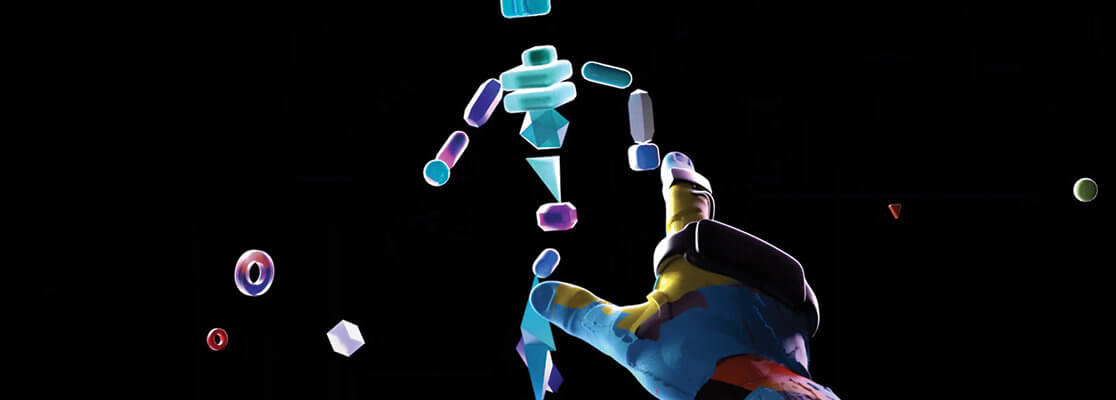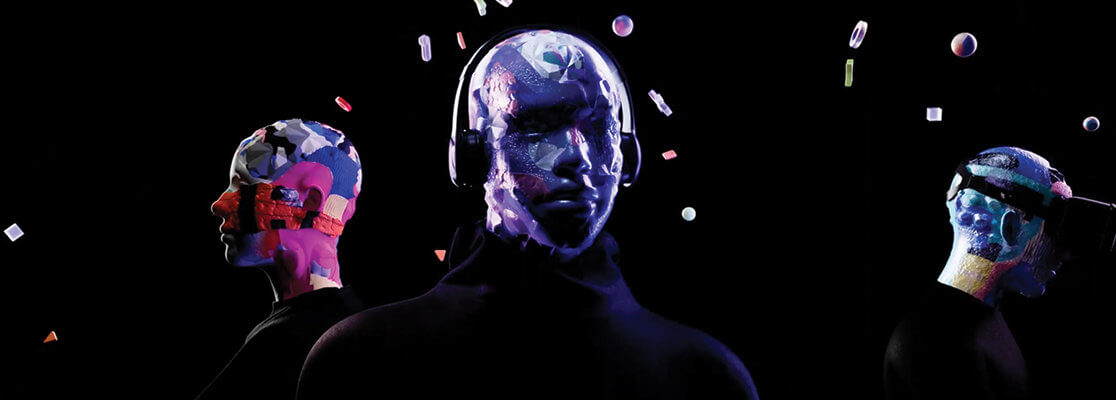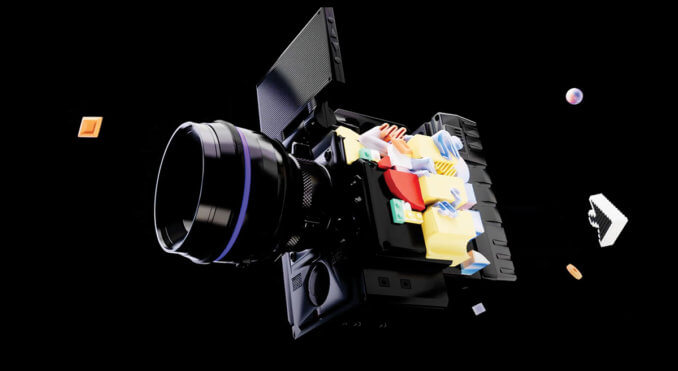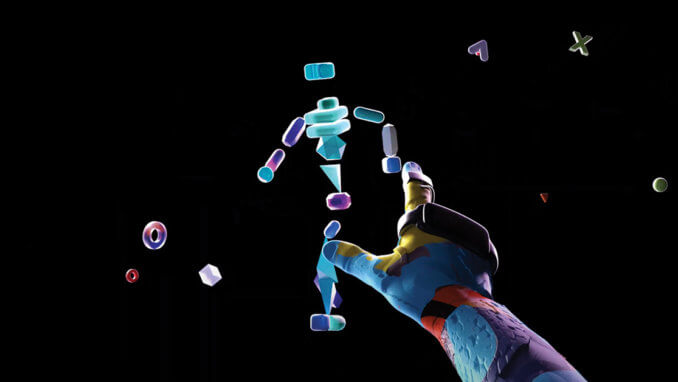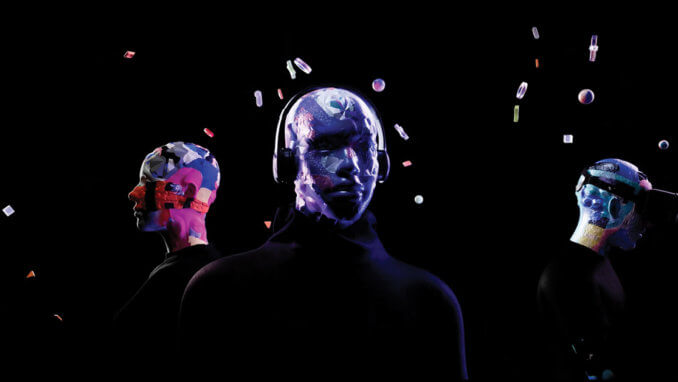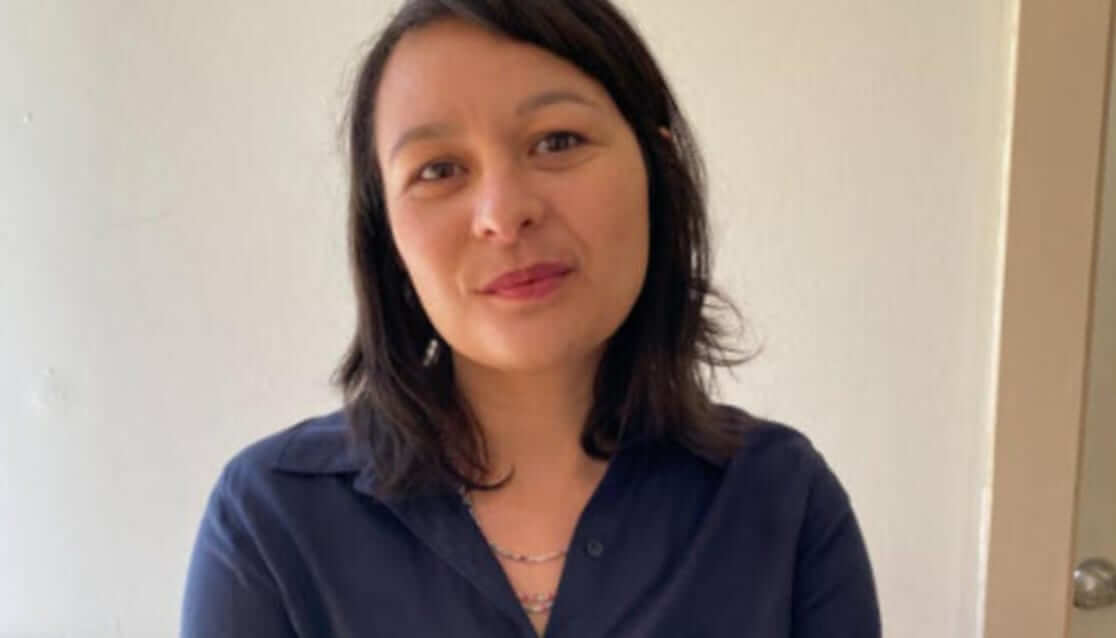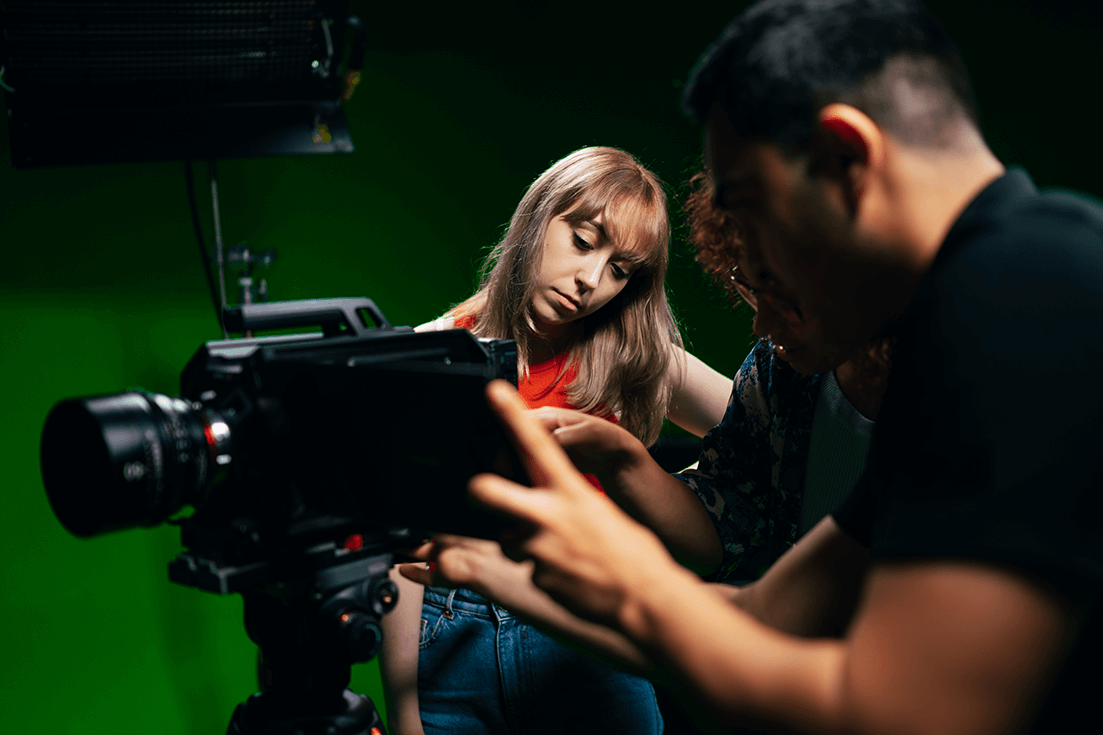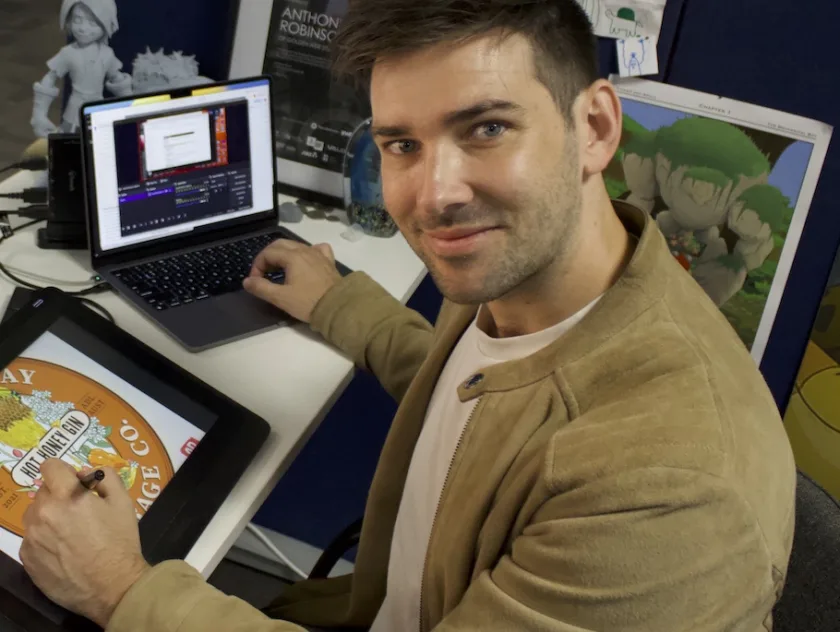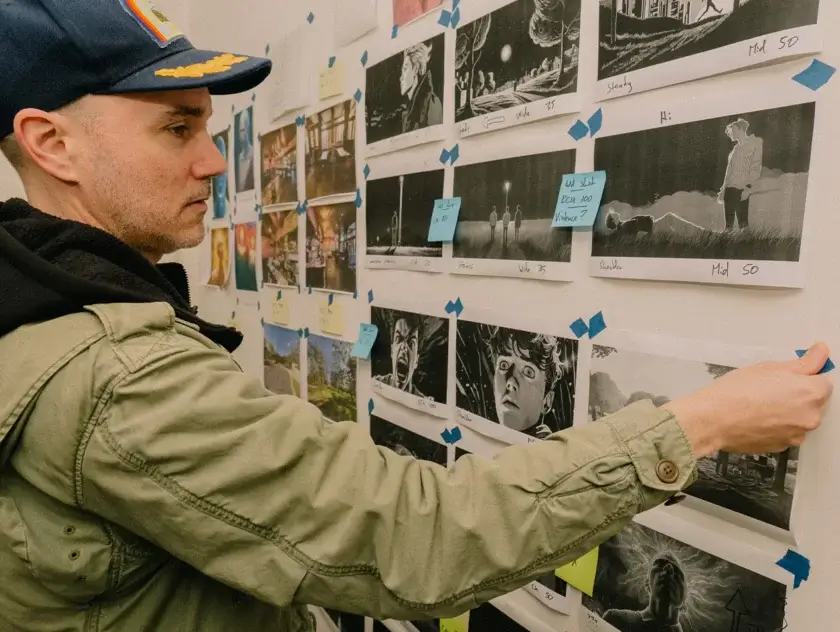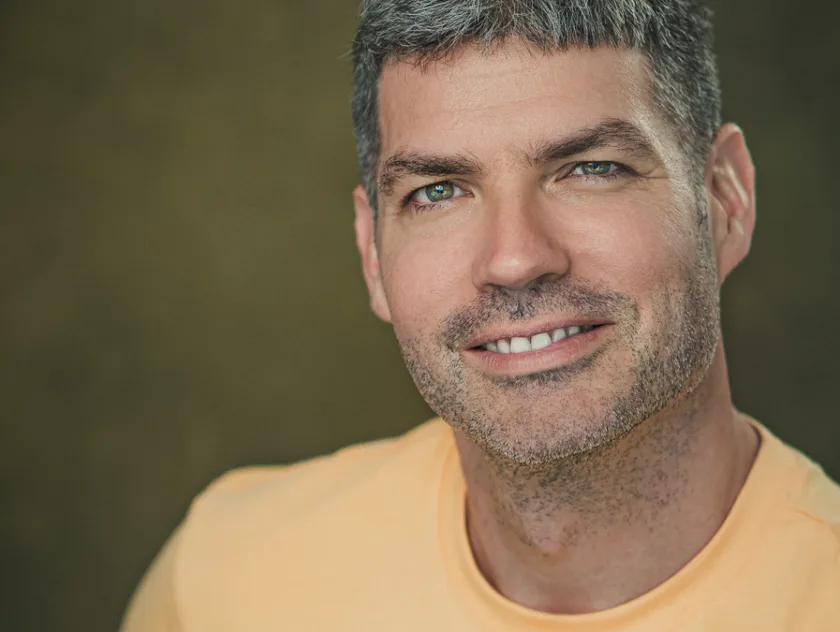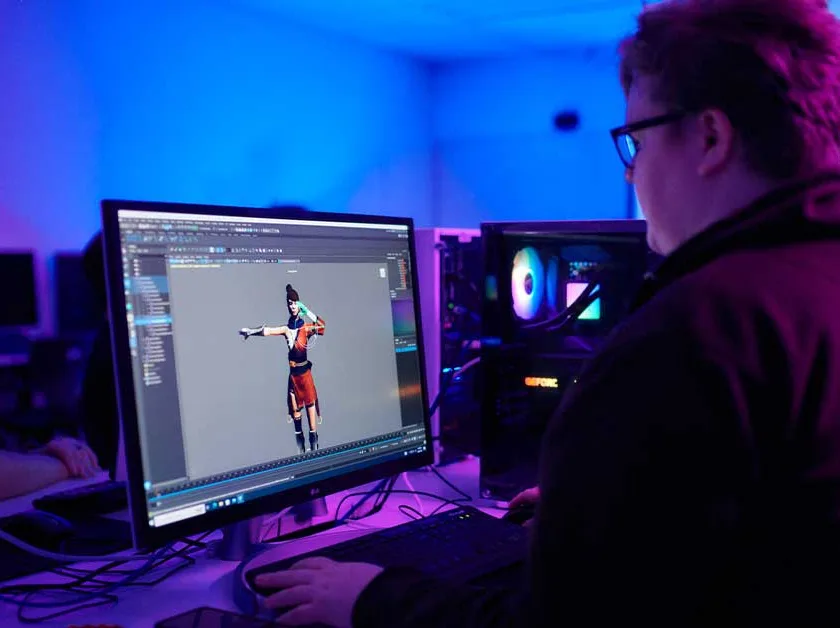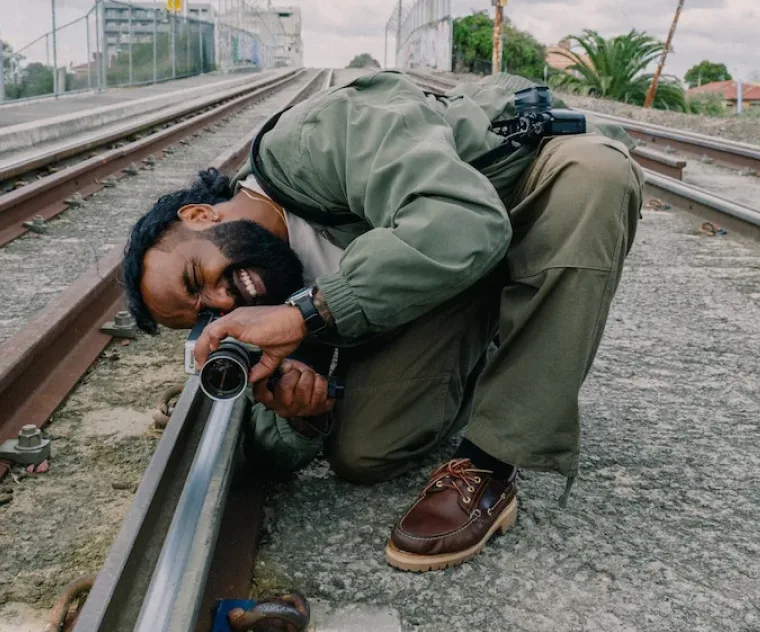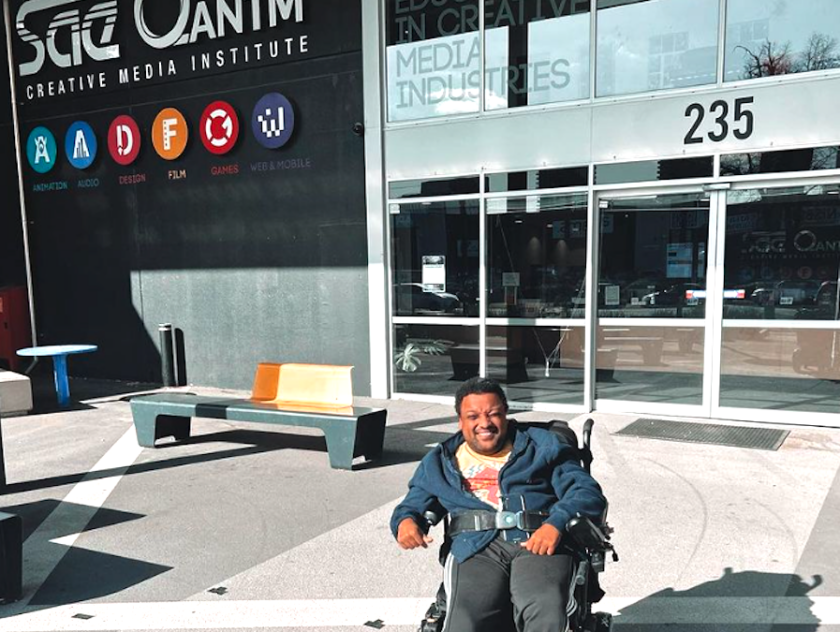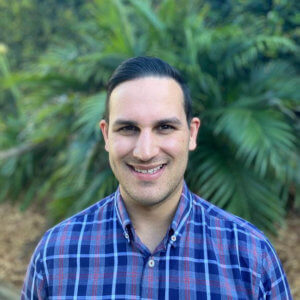
Hi Alana, your story is one which a lot of working people can relate to – where you were juggling a regular income with your creative work. How have these experiences influenced your filmmaking?
When you’re working, have kids, and other responsibilities, it’s so easy to let months or even years go by without making any progress on that script or other creative project you’ve been meaning to finish. For any creative practitioner, time is our most valuable asset and we have to figure out a way to dedicate a fraction of our life to our practice.
I’ve learned to be diligent about setting aside time to write and collaborate, and if you can give a small amount of space to this regularly, then over months the project will continue to grow and eventually, just might get done. What’s more, you’ll develop tenacity and show the world you won’t give up.
You’re a published poet, writer, director and filmmaker who has worked on projects from short films and documentaries to web sketch comedy and theatre. In which area does your creativity thrive?
I would say that all of these platforms are just variations in storytelling. Poetry to me is the essence of artful storytelling, conveying a feeling, a sense, a truth or whatever – and then prose builds on that, expanding and exploring similar themes. Films use different techniques to again convey all the same things. Ultimately, we all want to connect with our readers, audience, listeners and move them, in some way. For me, I just want to tell a story in the most appropriate way for that subject matter.
How does your experience directing influence the writing process, and vice-a-versa?
As an emerging director, I’m understanding more and more how important collaboration is in directing, and how in contrast, writing is lonely and contemplative. I love the stillness of writing alone, inventing worlds in your brain – it’s a bit like watching a play in your mind. Writing is vulnerable, at some point you have to let the work go.
Directing is all about managing relationships, leaning on people with more expertise than you and trusting them. With directing you are making decisions and praying that they are the right ones. It can be a lot of responsibility, and it’s all about owning that authority.
Given your short film Chicken featured at Flickerfest in 2020, for which you received the award for best direction in an Australian short film, how important are short films in a filmmaker’s development?
I avoided making a short film for a long time, because of the effort, cost, and heartbreaking festival rejections. When the opportunity came up at Flickerfest, I knew I had to give it a go – and thinking back on it, I don’t think I could have made one any earlier. Sometimes it’s a good idea to wait until all of the elements, which means the right story, team, time and resources, are there. Flickerfest opened a lot of doors for me, but a great deal of what happens is out of your control and is up to luck and timing.
What wisdom can you offer to young people who are just starting out and are inspired to make films?
(Laughs) I have no wisdom, but I can tell you that you must have the right people around you. People who you can collaborate with and make your work better; whilst keeping you inspired on your journey. Just be curious every day – your point of view is what makes your story special.


